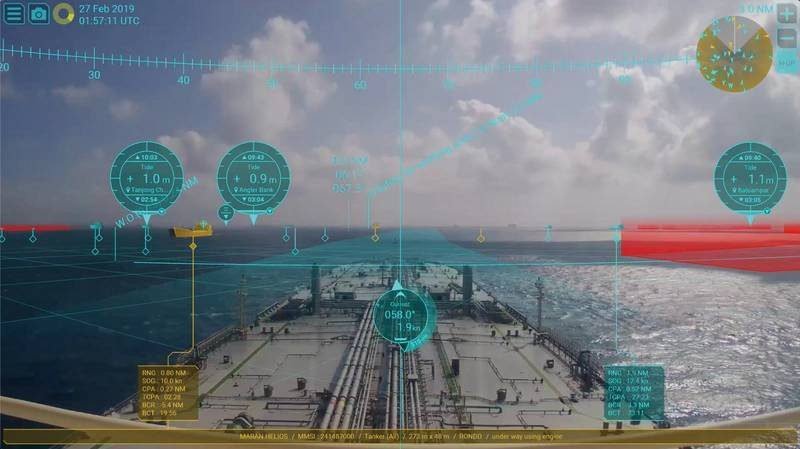Technology is revolutionizing decision-making on the bridge, with companies like Furuno and SEA.AI offering advanced systems that provide live video imagery with navigation information superimposed on it. These systems can identify vessels and objects at varying distances, enhancing situational awareness for watchkeepers and helping them make better decisions. However, augmenting the skills of experienced watchkeepers requires significant effort to build the knowledge base that supports digital interpretation of information.
Companies like Orca AI and Shipin Systems are leveraging AI to enhance navigation and safety on vessels. Orca AI’s navigation assistant has helped reduce close encounters and increase minimum average distance from other vessels, leading to significant fuel savings. Shipin Systems’ AI-based camera system has resulted in a reduction in incidents and improved bridge manning compliance by integrating video data with ship systems for real-time risk detection.
In addition to enhancing existing systems, companies like Furuno are developing new technologies such as automatic or assisted docking systems. The OpenBridge project, led by the Oslo School of Architecture and Design, aims to improve bridge design based on modern user interface technology and human-centered design principles. This project, along with the OpenAR project, is expanding guidance to AR functionality to improve situational awareness and decision-making on vessels.
Furthermore, research in autonomous navigation is focusing on predicting ship behavior using neural networks and extensive databases. Professor Lokukaluge Prasad Perera from the Arctic University of Norway is developing models to predict ship trajectories at both global and local scales to enable safe decision-making on autonomous ships. These predictive models are crucial for early detection of possible collision situations and informing appropriate action to prevent accidents.
Share it now





